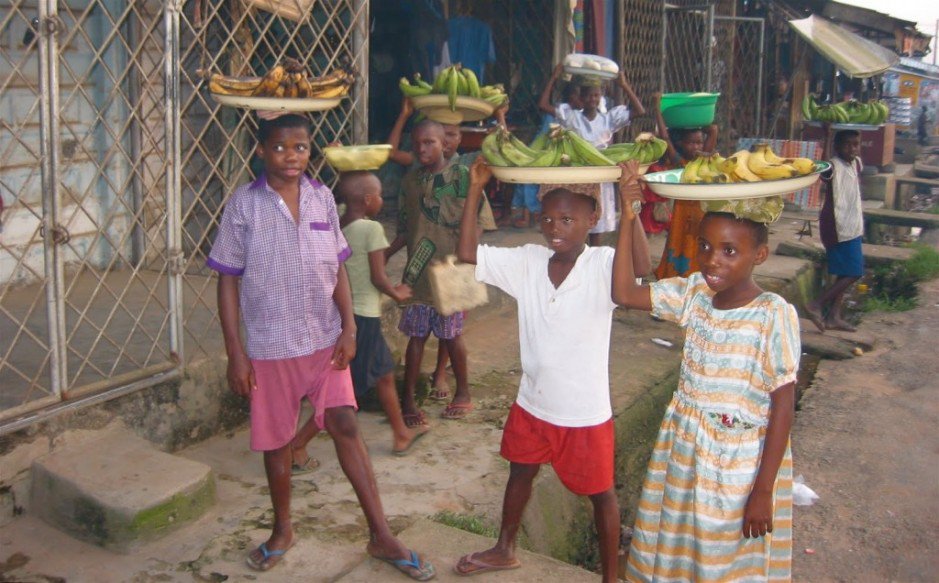Almajiri: Declare Child Destitution, Begging National Emergency, Reps Tell FG
Members of the House of Representatives have asked the federal government to declare child destitution and begging a national emergency.
They also called on the governments at all levels to ensure that children were provided with opportunities to access basic education as guaranteed by the United Nations Convention; While urging the Federal Ministry of Education to integrate the Almajiri Education System into the Universal Basic Education Programme, the members also called on the Office of the Vice-President to, in collaboration with States’ relevant institutions, conduct a census of Almajiri schools and headcount of the destitute children with the view to enrolling them in the on-going National Home-grown School Feeding Programme (NHGSFP).
Members took the decision at Thursday plenary after considering a motion captioned: “Need to Eradicate Child Destitution and Remove Beggars from Nigerian Streets through Provision Of Standardized Education System and Improved Livelihood”, sponsored by Hon. Mansur Manu Soro, Hon. Ibrahim Umar, Hon. Saidu Musa Abdullahi and Hon. Shehu Barwa Beji.
Giving the synopsis of the motion, the lawmakers said that “the menace of Child destitution in most parts of Nigeria has become a matter of grave concern for the continued wellbeing of the country and is also a source of increasing national embarrassment”.
They also noted that the large number of children captured in the destitution net most of whom roam the streets begging for alms or hawking at traffic spots come at a huge cost to the nation in terms of loss of critical human capital and erosion of family values.
They added that the various religious and cultural value systems frown at begging and abandoning children without proper care, yet parents release their children to pass through such horrific conditions out of poverty and sheer abdication of responsibility.
They further expressed concerned about the probable consequences of child destitution and street begging, which ranges from kidnapping, sexual abuse to overall public insecurity.
According to them, negligence and indifference at all levels of government about the presence and plight of the child destitute are condemnable, adding that an immediate ban on child destitution and begging will only worsen the situation, and make the children more desperate, vulnerable and threatening to the society, while their continued existence poses grave danger to Nigeria is collective wellbeing and security of the present and succeeding generations. Adopting the motion, the House urged the affected States to comply with extant laws on basic education, especially the UBEC Act by ensuring that all children between the ages of 6 -16 are given free and compulsory education.
It further urged the Federal Government to create a department under the UBEC to handle the Almajiri matters with adequate funding to construct a minimum of one Almajiri school in each of the electoral wards of the affected states by the year 2021 and also ensure that the Almajiri school curriculum is planned to include technical and vocational courses with long-term objectives of self-reliance and sustenance.
Other resolutions taken included urging the Federal Government to conduct an extensive enumeration and mapping exercise to, among other things, determine the location of the Almajiri schools, sizes and staff strength to ensure comprehensiveness of the policy; urging the Federal Government to immediately embark on comprehensive enumeration of handicapped and people with disabilities in the country to integrate them into the cash transfer component of the Social Investment Programme to improve their livelihood and commit them to stop begging; calling on the Federal Government to forward an Executive Bill to the National Assembly to enact a law for the criminalization of child destitution and street begging, one year after the implementation of these resolutions and calling on the relevant ministries, departments and agencies of Government to collaborate with the organised private sector, international donor partners and philanthropic high-net worth individuals to support the new education structure of the Almajiris




